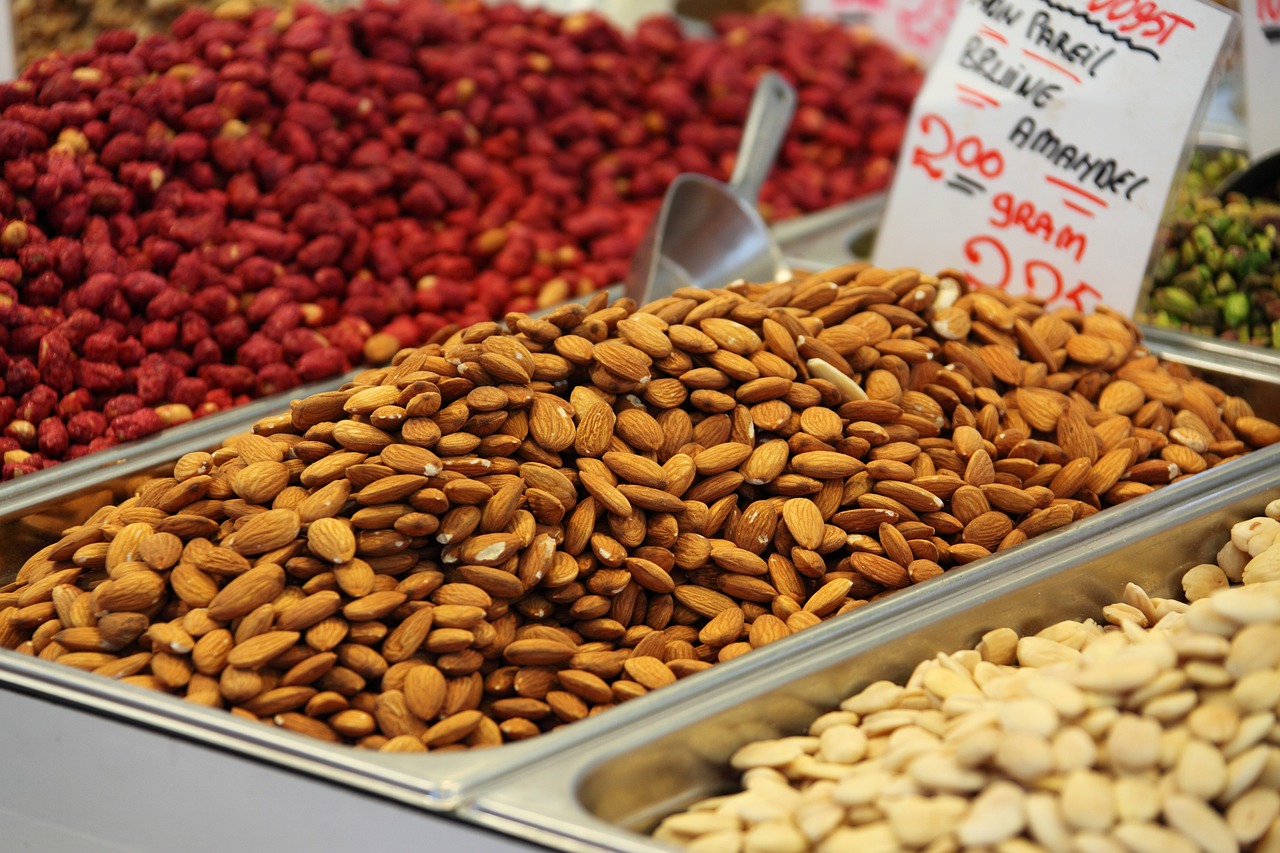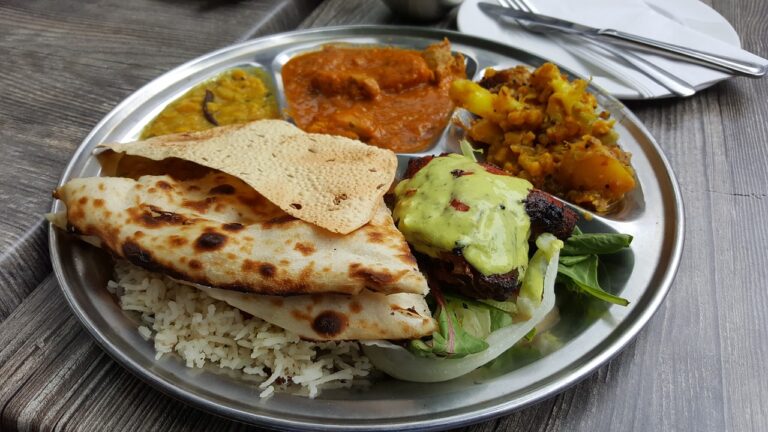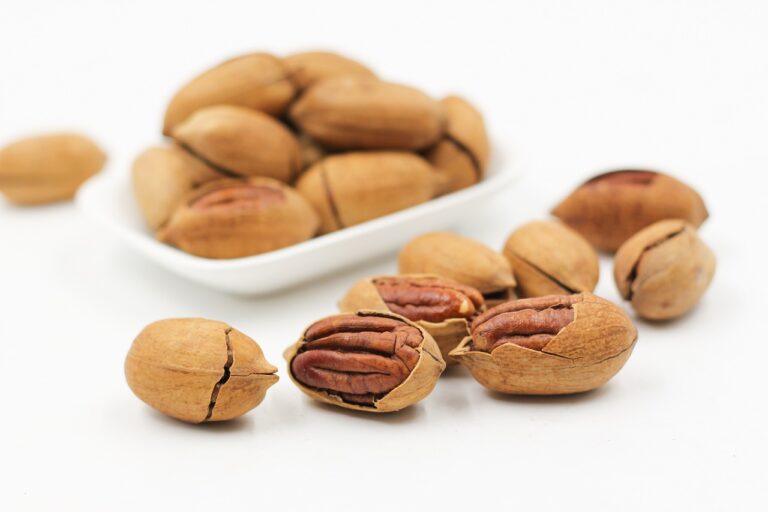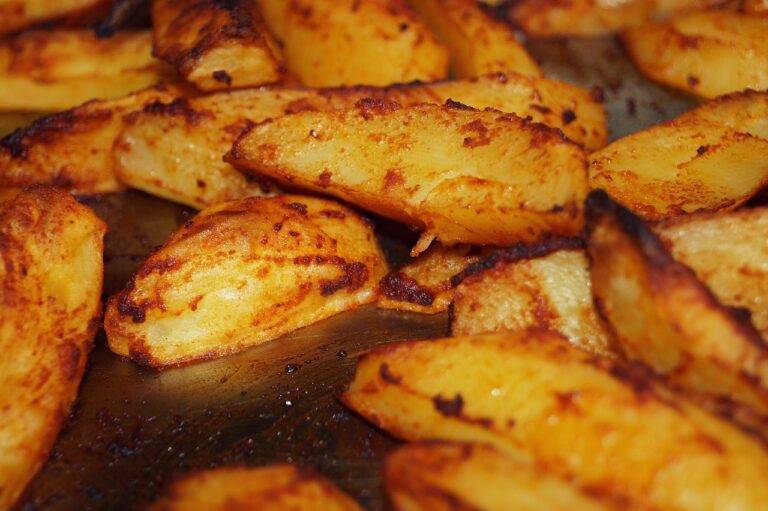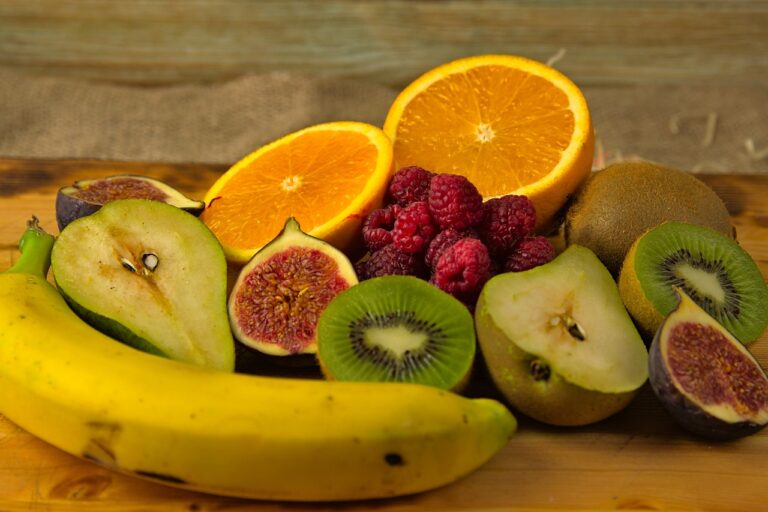The Healing Power of Herbs: Exploring Medicinal Culinary Practices
Using herbs in cooking not only enhances the flavor of dishes but also adds nutritional value to your meals. Herbs are rich in vitamins, minerals, and antioxidants, which can help boost your immune system and overall well-being. Incorporating fresh herbs like basil, parsley, and cilantro into your cooking can provide a healthier alternative to using salt or artificial flavor enhancers.
Furthermore, herbs can help reduce the need for unhealthy fats and oils in cooking. By using herbs to season your dishes, you can add depth of flavor without relying on excessive amounts of butter or oils. This can be especially beneficial for those looking to maintain a balanced diet while still enjoying delicious and flavorful meals.
Different Types of Medicinal Herbs
Medicinal herbs have been used for centuries across various cultures for their healing properties. One commonly used herb is ginger, known for its anti-inflammatory and digestive benefits. Ginger can be used fresh, dried, or in powdered form to alleviate nausea, reduce muscle pain, and support overall immune health. Another popular herb is turmeric, which contains the active compound curcumin known for its powerful antioxidant and anti-inflammatory properties. Turmeric is often used to aid in reducing inflammation, improving digestive health, and boosting immunity.
• Ginger:
– Anti-inflammatory properties
– Digestive benefits
– Alleviates nausea
– Reduces muscle pain
– Supports immune health
• Turmeric:
– Contains curcumin, a powerful antioxidant
– Anti-inflammatory properties
– Aids in reducing inflammation
– Improves digestive health
– Boosts immunity
Historical Uses of Herbs in Healing
The historical uses of herbs in healing date back thousands of years across various cultures around the world. Ancient civilizations such as the Egyptians, Greeks, and Chinese recognized the medicinal properties of herbs and utilized them in treating various ailments. These early healers passed down their knowledge of herbs through oral traditions, written texts, and practical experience.
In ancient Greece, renowned figures like Hippocrates, known as the “Father of Medicine,” emphasized the importance of using herbs for healing purposes. Herbal remedies were commonly used to address a wide range of health issues, from digestive problems to skin conditions. The Greek physician Dioscorides compiled a comprehensive herbal encyclopedia, which served as a valuable resource for herbal medicine practitioners for centuries to come.
What are some benefits of using herbs in cooking?
Using herbs in cooking can enhance the flavor of dishes, provide nutrients, and offer potential health benefits.
Can you provide examples of different types of medicinal herbs?
Some examples of medicinal herbs include ginger, garlic, peppermint, chamomile, and turmeric.
What are some historical uses of herbs in healing?
Historically, herbs have been used for various medicinal purposes such as treating infections, inflammation, digestive issues, and promoting overall wellness.

